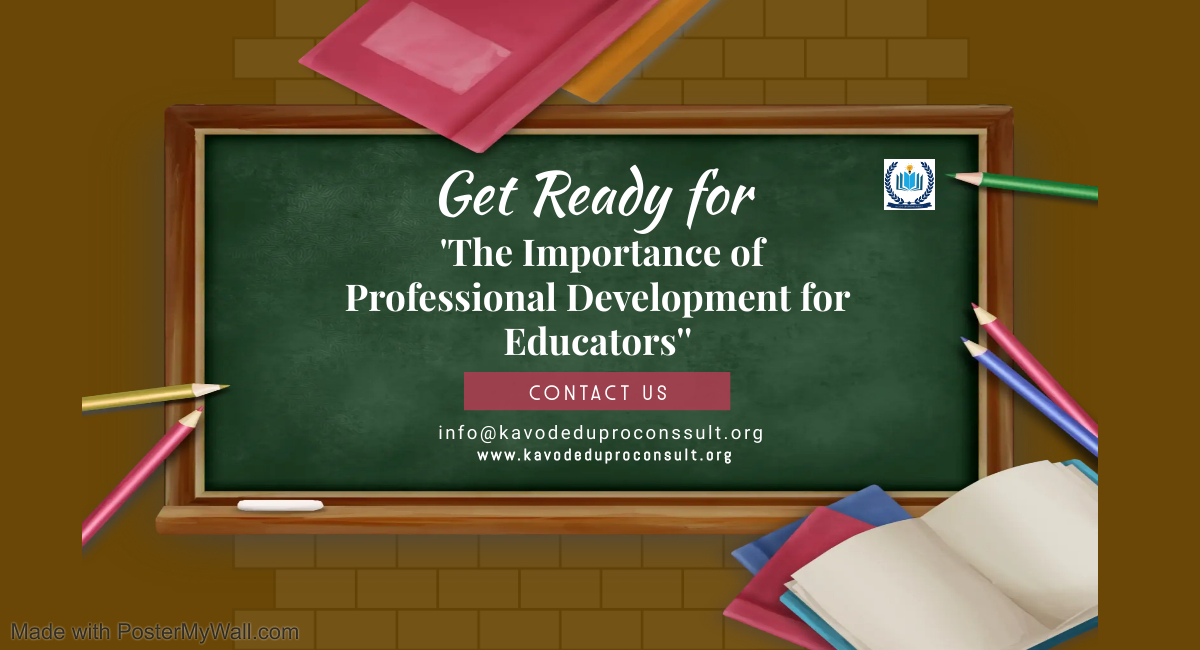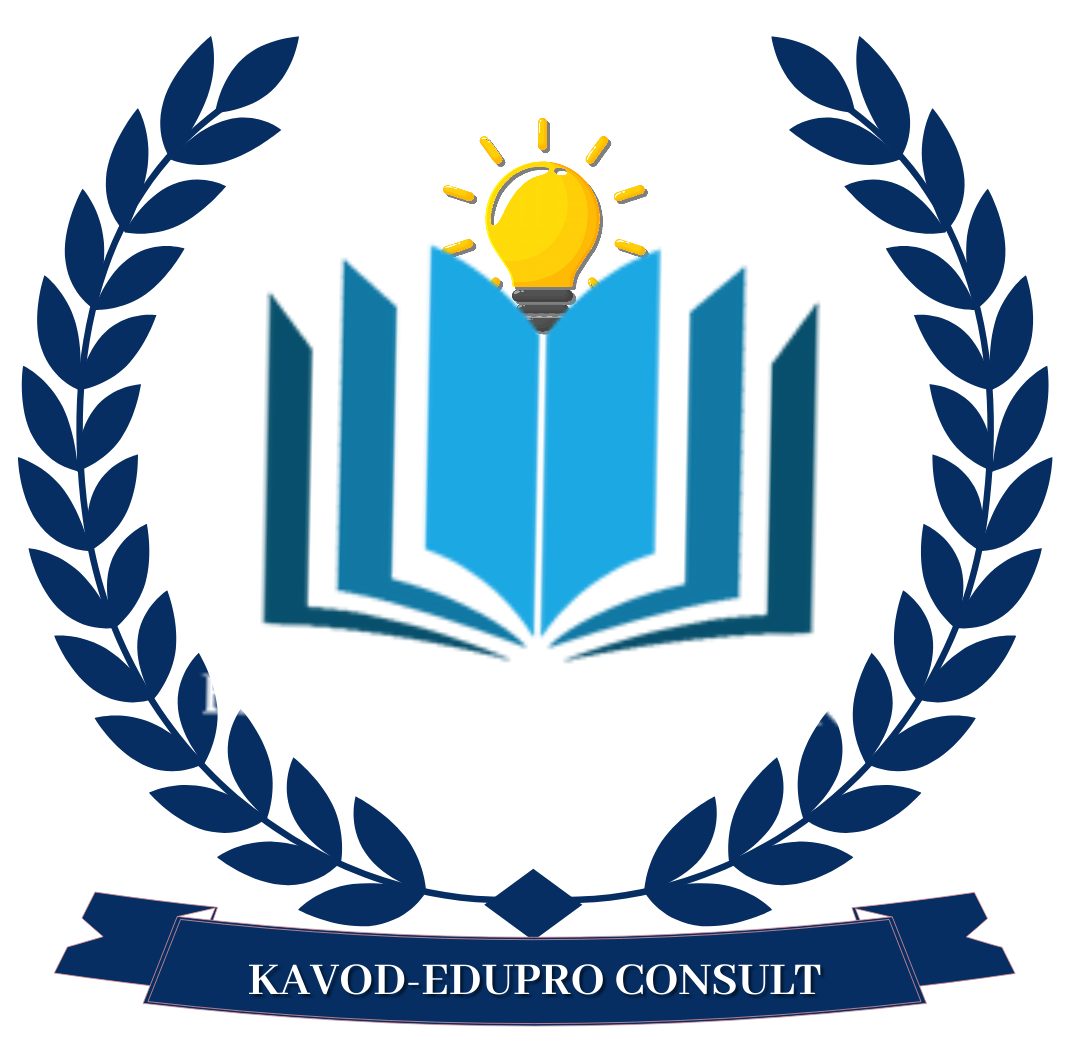![]()
Professional development (PD) is a critical component for trainers, educators, and administrators, as it plays a pivotal role in enhancing their knowledge, skills, and overall proficiency.
As an educator in an international school, I have had the privilege of engaging in various professional development opportunities, both locally and internationally. These experiences have shaped my career and growth as an educator, allowing me to stay updated with best practices and emerging educational trends.
Blandford (2005) identified four key types of professional development: practitioner development, professional education, professional training, and professional support. Each of these areas has significantly impacted my journey as an international educator. Whether through mentoring, pursuing further studies, attending educational courses and conferences, or collaborating with colleagues, I have found that PD is essential to my professional growth and effectiveness in the classroom.
The Lifelong Pursuit of Learning
A highly skilled educator is never stagnant; they are always in pursuit of new knowledge and improved methods for teaching. Professional development is not a one-time event but a continuous process. Engaging in workshops, seminars, and school training is vital for educators to keep their teaching strategies fresh and effective. This lifelong learning journey is driven by a desire to explore innovative teaching methods, emerging ideas, and new technologies, all aimed at better equipping educators to support their students’ success.
The ultimate goal of PD is to empower teachers to refine their skills and knowledge, which in turn empowers their students to reach their full potential. In today’s rapidly changing educational landscape, where technology and new pedagogies are reshaping the way we teach and learn, staying current is more important than ever.
The Impact of Professional Development
Effective professional development enhances individual performance, corrects ineffective practices, and fosters transformation in the classroom. Educators who invest in their own growth can more effectively inspire, engage, and challenge their students. PD opportunities not only provide teachers with the tools they need to improve their practice but also create a space for collaboration and the sharing of ideas with other educators.
Through professional development, educators can deepen their understanding of pedagogy, learn about new educational technologies, and explore innovative strategies for student engagement and assessment. This process of continuous improvement benefits both teachers and students, leading to more effective teaching and better learning outcomes.
The Challenge of Professional Development in Public Schools
Despite the clear benefits of professional development, it is unfortunate that many public schools, particularly in my country, do not prioritize it. Cost is often cited as a significant barrier, along with the belief that PD takes too much time away from classroom teaching. This short-sighted view overlooks the long-term advantages of investing in educators’ professional growth.
Schools that neglect PD miss out on the opportunity to enhance the knowledge, skills, creativity, and awareness of their teachers. Without ongoing professional development, teachers may struggle to keep up with the latest educational trends and innovations, which can ultimately limit their effectiveness in the classroom.
Embracing Professional Development for a Better Future
It is my hope that schools across all sectors, particularly public schools, begin to recognize the value of professional development and integrate it more fully into their institutional practices. By embracing PD, schools can foster an environment where teachers are continually learning and growing, leading to improved teaching practices and, most importantly, better outcomes for students.
Investing in professional development is an investment in the future of education. As educators, we have a responsibility to stay informed, adapt to new challenges, and constantly strive for excellence in our teaching. With the right support and opportunities, professional development can help educators unlock their full potential, benefiting not only themselves but also the students they serve.
In conclusion, professional development is not a luxury but a necessity for educators who aim to stay relevant and effective in their careers. Schools must recognize the importance of PD and make it an integral part of their educational culture. By doing so, they ensure that their teachers are equipped with the tools and knowledge needed to succeed, ultimately leading to a more dynamic, engaging, and successful learning environment for all.
References
Blandford, S. (2005). Managing professional development in schools. 2nd ed. [online] London and New York: Routledge.


Leave a Reply